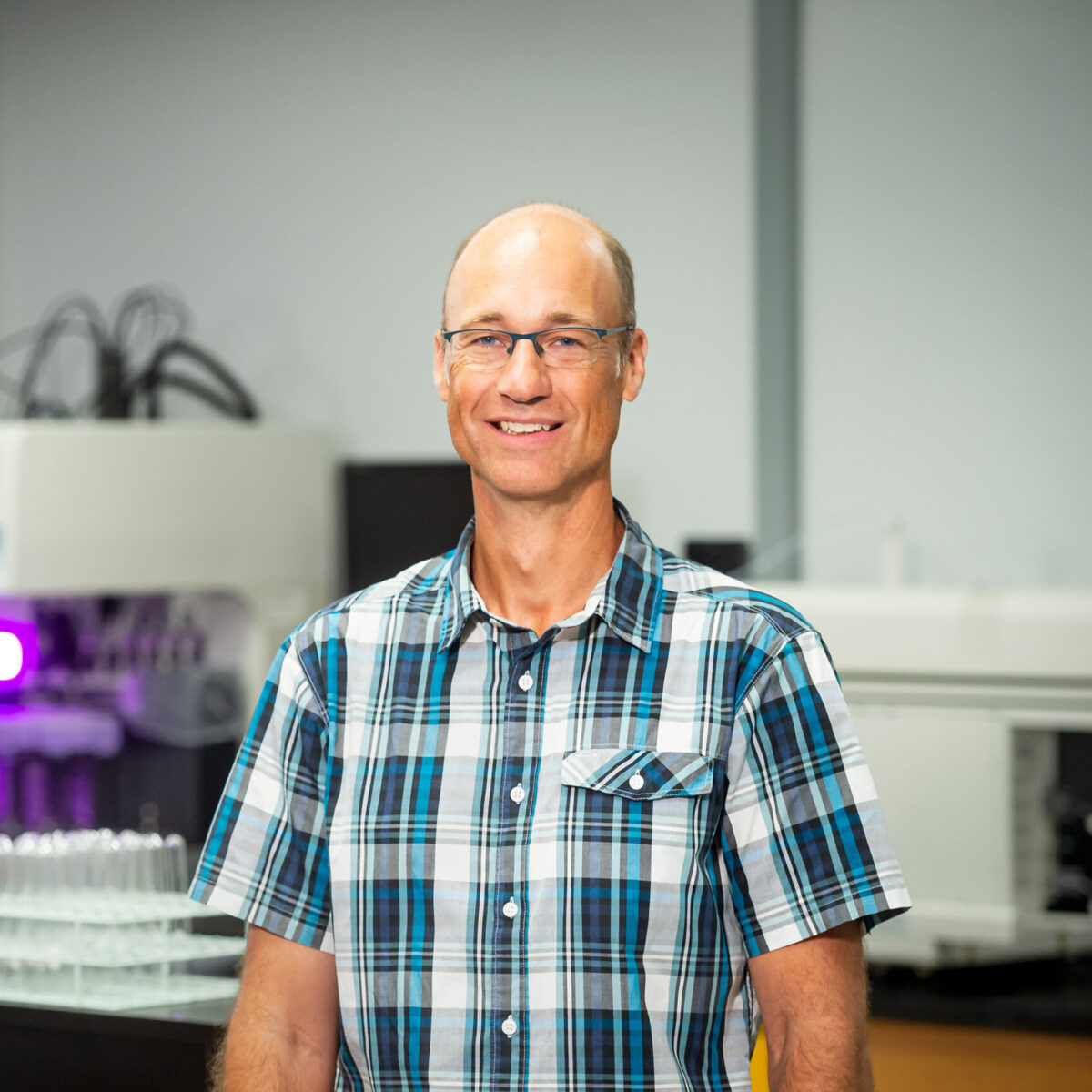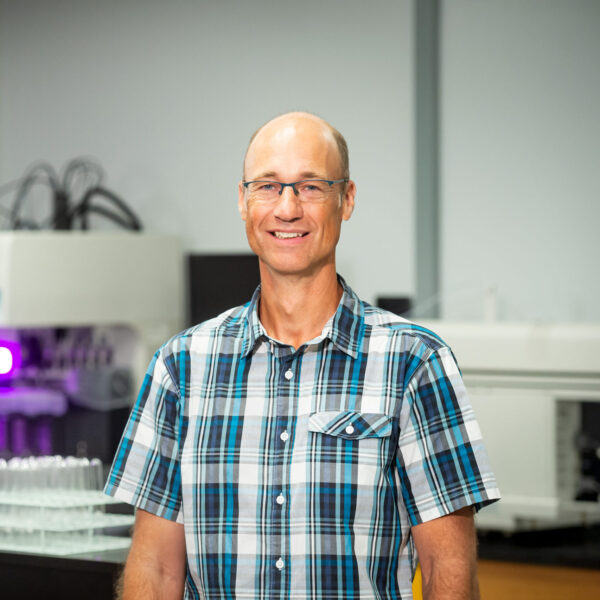Aaron Beattie, Chair in Barley and Oat Breeding and Genetics, University of Saskatchewan Crop Development Centre


Aaron Beattie completed his undergraduate science degree at the University of Waterloo, his master’s in plant breeding at the University of Guelph and his PhD in plant pathology at the University of Saskatchewan. He grew up in Saskatchewan and currently lives in Saskatoon.
Where did you work before the Crop Development Centre (CDC)?
I worked at Southern Seed Technology, a winter nursery in New Zealand for about a year. This is the nursery we collaborate with and send our barley to in the winter. Prior to that, I was working in the dry bean breeding program at the University of Guelph.
What got you interested in this area of work?
My background from my undergrad was biology and genetics. When I finished my undergrad, I knew I liked genetics, but I wanted to do something that wasn’t pure research. That’s where plant breeding made sense because it leans heavily on genetics and various aspects of biology, but it has that applied piece as well. That helped me make my decision to go to the University of Guelph. My thesis was focused on plant breeding and I continued in that area afterwards in my work. I came back to Saskatchewan for school, and eventually landed my current job.
Tell us a bit about what you’re working on at the CDC.
The summer is busy between running tours for the barley and oat programs for farmers and funders, doing selections in the field and keeping my crew organized leading into harvest. Teaching is a big part of my winter, as well as evaluating data we collect from the fields in the summer and organizing our winter work, such as the quality and molecular data. I’ve got four graduate students working at the moment, and we have a lot of industry interactions.
In terms of research, one project we are working on, Phenotyping and Genomic selection for improved barley Deoxynivalenol (DON) resistance, is funded by Manitoba Crop Alliance, SaskBarley, Alberta Grains and Western Grains Research Foundation. This project deals with trying to get a better handle on fusarium resistance in barley, which the barley research community has made a lot of good progress towards over the past 20 years.
This project aims to develop genomic tools to help me select for better resistance. We’re working closely with James Tucker at Agriculture and Agri-Food Canada in Brandon. We send him a few thousand lines every year and he evaluates them for DON and fusarium resistance. We are also genotyping these lines to create prediction models for fusarium resistance.
Eventually, we hope to develop a way to select for better DON resistance using genomic tools early on in our breeding program, and evaluate only those lines that we think have better resistance in the nursery as a means to confirm the better resistance.
What can you say about the value of farmers providing funding and support to your organization?
The work we do as breeders spans fairly large periods of time. You’ve likely heard that it is an eight-to-10-year process to go from a cross to moving forward a variety. Funding from farmers is key to our program, as well as to other barley breeding programs in Western Canada because it allows us to make long-term plans. It allows us to test more, which means we have a higher probability of producing something better in the future.
How does that farmer funding and support directly benefit farmers?
It allows farmers to have a voice in terms of what we do, which is critical. Hearing new ideas from farmers based on things they are seeing in the field is invaluable. We try to listen to the whole value chain, and farmers are at the start of that chain. They need to be engaged in the process because we want them to see value in our work and keep barley in their rotation.
How do you spend your time outside of work?
I coach and play hockey.
What is the best part about your job?
I like the idea that what I do is practical to people. The idea that you can take research and translate it into something that has value to other people is rewarding. Also, it’s a very nice community to work in. There are a lot of very engaged and enthusiastic people in agriculture and a lot of innovation. People are willing to incorporate new ideas – I really like that about the industry.
What gets you most excited about your work?
Interacting with people across quite a wide range of disciplines; researchers all the way to the end users and farmers. Having that diversity of viewpoints is quite interesting, and then trying to figure out how to make it all come together into a variety. It’s fun to go through that process and interact along the way with people influencing your end goals.
Follow @CDC_USask on Twitter.
